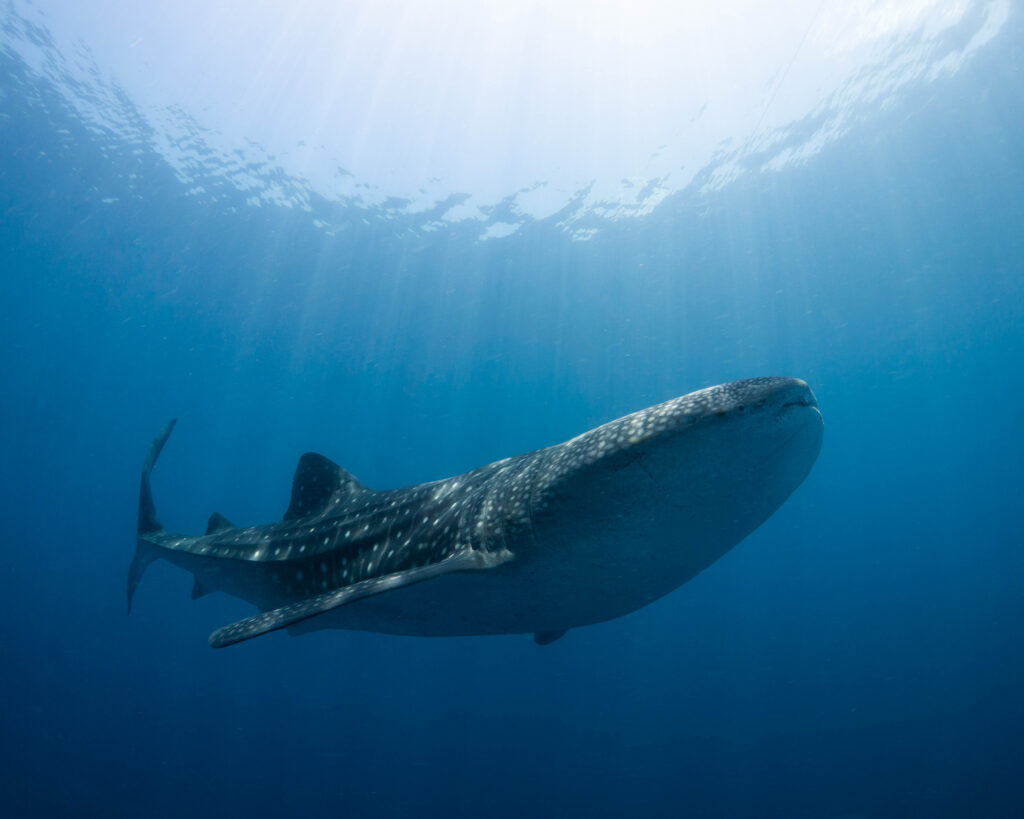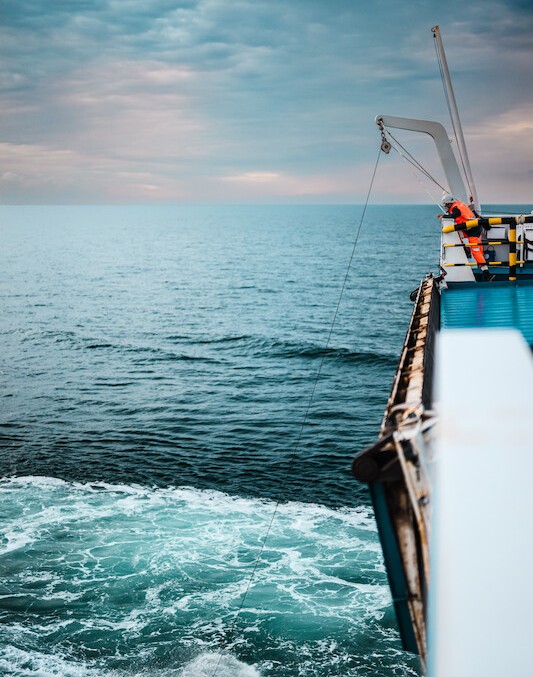Professor Willie Wilson and POGO partners deliver a unified call for ocean observing systems following UNOC3.
The Marine Biological Association’s Chief Executive, Professor Willie Wilson, played a key advisory role for the recent UN Ocean Decade conference (UNOC3) offering vital guidance to policymakers and politicians engaged in the heart of the negotiations.
Willie represented the MBA at the Partnership for Observation of the Global Ocean (POGO) Directors’ side meeting in Nice, a high-level summit of leaders from 39 of the world’s top marine research institutions. The group discussed the challenges of ocean health to deliver a unified policy statement “No Data, No Action” for UNOC3, with a message designed to influence governments and international organisations to prioritise and fund ocean observing systems.
As a highly respected international marine science research institution, the MBA has a crucial seat at the table as an equal partner with our global colleagues, to influence international policy and development.
“The MBA’s participation signals the importance of long-term ocean monitoring, and its vital connection to climate goals, biodiversity conservation, and sustainable development,” says Willie.
The discussions, which were used in part for the unified policy statement, addressed the following areas:
• Transition towards net-zero ocean observing
• Foster low-cost technologies to democratise ocean science
• Influence national and global policy frameworks
• Expand infrastructure and funding in the Global South
• Adopt emerging autonomous technologies, such as environmental DNA (eDNA) sensors aboard AUVs, for real-time marine life monitoring.

“These discussions are more than academic,” says Willie. “They fed directly into a consensus-driven POGO policy statement that was delivered to world leaders at UNOC3 to help inform action. This unified message carries significant weight and positions ocean observation as a central pillar of climate and biodiversity strategies aligned with the UN Sustainable Development Goals (SDGs). The MBA, alongside other POGO partners, stands ready to ensure that science remains central to solutions.”
UNOC3, co-hosted by France and Costa Rica, convened over 15,000 participants, including more than 60 Heads of State and Government, in Nice to accelerate global action on ocean sustainability.
Key outcomes included:
• Adoption of the Nice Ocean Action Plan, a two-part framework combining a political declaration and over 800 voluntary commitments.
• Major pledges such as:
– €1 billion from the European Commission for ocean conservation and sustainable fishing.
– French Polynesia’s plan to designate its entire Exclusive Economic Zone (~5 million km²) as a marine protected area.
– Germany’s €100 million initiative to remove underwater munitions.
– New Zealand’s $52 million for Pacific ocean governance.
• Launch of new initiatives:
– High Ambition Coalition for a Quiet Ocean (37 countries) to combat underwater noise pollution.
– Coral Bond by Indonesia and the World Bank to finance reef conservation.
– Ocean Tourism Pact and One Ocean Finance Facility to support sustainable blue economies.

The conference also celebrated progress on the BBNJ (High Seas) Treaty (marine biodiversity beyond national jurisdiction), with 56 countries announcing ratifications (4 short to bring it into force). Although the UK has not yet ratified the Treaty, the UK has announced plans to introduce the necessary legislation to ratify it by the end of 2025.
UNOC3 was hailed as a success, reinforcing multilateralism and uniting governments, scientists, civil society, and the private sector in a shared mission to protect the ocean for future generations.